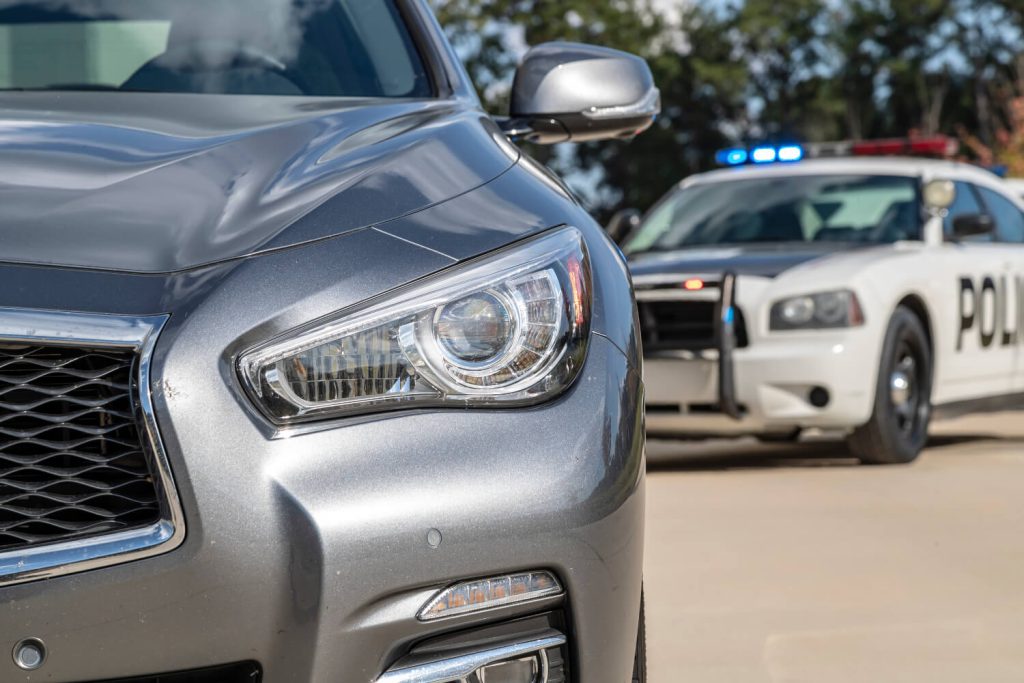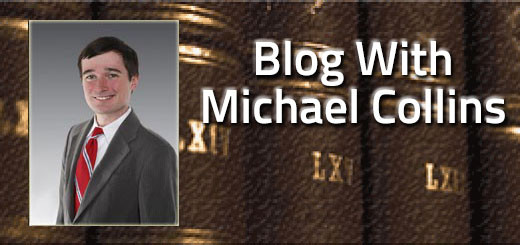Hawaii Drunk Driving Laws and Penalties

Driving under the influence (DUI) laws and regulations vary depending on the state and country in which you are. Here, we will take a look at the legal side of drunk driving in Hawaii. Just like other states, the Aloha State criminalizes DUI of alcohol and drugs. Various penalties can be applied to people who are found guilty of driving under the influence.
The consequences can be serious and penalties may include driver’s license suspension, fines, community service, and jail time. After a DUI offense, you might be required to install an ignition interlock device in your vehicle. Furthermore, it can impact your ability to get a job. Read on to learn more about DUI laws and penalties in Hawaii.
Hawaii DUI Laws – When Can You Get a DUI in Hawaii?
You might be wondering when Hawaii drivers are considered “legally drunk.” The National Highway Traffic Safety Administration (NHTSA) defines drunk driving as “driving a motor vehicle or operating a watercraft while under the influence of alcohol or other drugs.”
The NHTSA reports that 10% of drivers in fatal crashes were found to have been legally drunk at the time. The Centers for Disease Control and Prevention (CDC) estimates that almost 30 people die each day in the United States in alcohol-impaired driving crashes. Drunk drivers are also responsible for over 100,000 injuries each year.
To reduce these numbers, many states have passed legislation on drunk driving laws. For example, Hawaii prohibits people from operating vehicles under the influence of alcohol and drugs (also referred to as DUI or OVI). Drivers can get a DUI if they drive or have actual physical control of a car while their:
- Mental faculties are reduced as a result of consuming alcohol so that a blood alcohol concentration is ≥ 0.08% (Per Se DUI) for non-commercial drivers or ≥ 0.04% in the event of commercial vehicles – bus and school drivers are regarded as commercial drivers by Hawaii law.
- The ability to drive carefully and prudently is affected by intoxicants. Drugs are very dangerous when combined with driving, as they can impair your ability to drive safely. It is worth noting that impairment is presumed when it comes to a Per Se DUI. That being said, it’s not necessary to prove it either. It is also important to note that it is unlawful for individuals under the age of 21 to operate a motor vehicle with a measurable amount of alcohol.
Hawaii DUI Penalties – What Happens if You Get a DUI?
The use of drugs and alcohol while driving is a major concern. It can lead to accidents that can cause serious injuries or even death. In Hawaii, drivers can be revoked or suspended in the following cases:
- If they drive with a blood alcohol concentration (BAC) over the permitted limits.
- When they are convicted of DUI.
- If they refuse to submit to a blood test.
When numerous revocations are enforced for a particular incident, the revocation periods generally run concurrently rather than consecutively. The penalties might be different, depending on the type of violation and other factors.
Related: Maui traffic accident
First Offense
This category includes first-time DUI offenders, i.e. people who have no prior convictions for driving under the influence in the last 10 years. In addition to facing a 1-year license revocation as well as a substance abuse rehabilitation program (first-time offenders are required by law to attend an alcohol abuse program for at least 14 hours), they are also sentenced to the following:
- A term of imprisonment of 2-5 days
- 3 days of community service work
- A fine ranging from $250 to $1,000.
NOTE: First-time offenders might be sentenced for more than one of the penalties listed above. Besides, they must pay a $25 premium, which will go into Hawaii’s neurotrauma special fund. Their license will be suspended for 90 days.
Second Offense
People who commit a second DUI offense in Hawaii, i.e. offenders who already have one prior DUI, within 10 years of the 1st offense face more severe penalties. Aside from being sentenced to 5 to 14 days (or up to 30 days in some cases) in prison or a minimum of 42 hours of community service, they also face 1,000 to 3,000 dollars in fines and a 2 or 3-year license revocation.
3rd, 4th, or Subsequent DUI (Penalties for Habitual Violators)
If you have 3 or more DUI convictions in the last 10 years, you will be considered a habitual violator. A habitual DUI offense is regarded as a class C felony. In Hawaii, the penalty for a habitual DUI offense involves either five years in jail or a 5-year term of probation. The latter includes the following:
- $2,000–$5,000 in fines;
- A 3-to-5-year driver’s license revocation;
- A minimum of 10 days in prison; and
- Completing a driver’s education and substance abuse program.
Sometimes habitual violators are also required to participate in alcohol monitoring. If you have operated a car during a felony DUI, you may end up facing vehicle forfeiture besides other penalties.
NOTE: A DUI that involves a child passenger under 15 years of age brings an extra 48 hours in prison and an additional fine of $500.
Seek Legal Advice!
Are you fighting a DUI in Hawaii? If you deal with a complex situation, you will have a hard time solving it on your own. Hire a highly-skilled prosecuting attorney instead. A defense lawyer can challenge blood test results, eliminate or reduce penalties, reinstate a driver’s license after a DUI, and much more. Whether you are a habitual violator or a first-time offender, this will help you get the best possible outcome.


